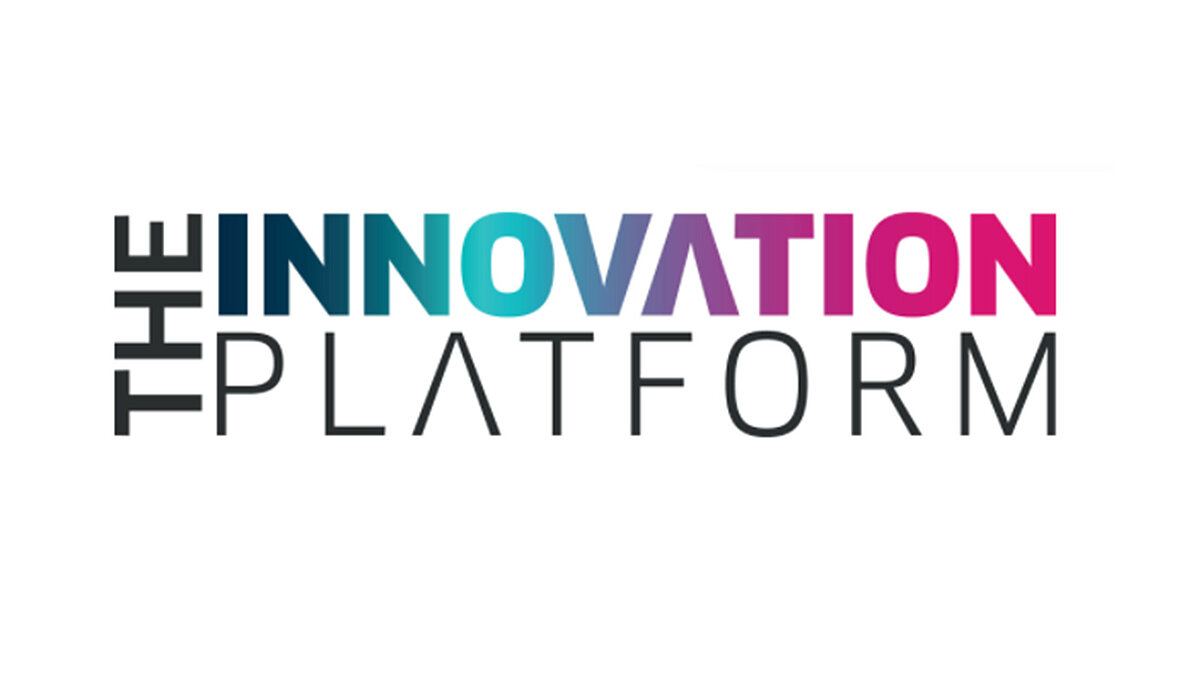
The Innovation Platform (a publication platform which includes developments and informative articles from the technology, science and politics sectors) in their section “Materials” of the 4th issue has published article about CAMART² project and scientific cooperation between ISSP UL, KTH and RISE.
CAMART2 has provided the Institute of Solid State Physics, University of Latvia (ISSP UL) - one of the leading research institutions in Latvia - with an opportunity to become a trans-Baltic hub for scientific excellence, boosting technology transfer and starting innovation in the region and beyond. The institute’s priority research directions include materials science, nanotechnology, thin films, photonics, and micro and nanoelectronics.
A long-term strategic relationship has also been established with Swedish partners – the Royal Institute of Technology (KTH) and Research Institutes of Sweden (RISE). A significant element of the mutual regional partnership between ISSP UL, KTH, and RISE is the establishment of a collaboration and technology transfer platform for applied materials physics research and innovation.
Research into a novel material gallium oxide (Ga2O3) stands out as an example of a fruitful research collaboration between collaboration partners. Common research is aimed at the improvement of the performance of Ga2O3 for future power electronics which will be included in electric vehicles and wind power plants.
In addition to fundamental research, the Latvian - Swedish platform strives towards applications at higher technological readiness levels and the market introduction of new devices. RISE and the ISSP UL team for industrial collaboration Materize, are highly involved in the ongoing Ga2O3 work and how the new findings can be commercialised in the future.
Another remarkable project concerns the detection of amphetamine by using graphene quantum dots (GQDs). In the frame of the CAMART² project, scientists and students at ISSP UL have joined RISE’s ongoing R&D activities in this area. This would potentially enable helpful technical solutions to be provided to forensic labs/centres, as well as to related industrial partners in Sweden, Latvia, and other EU countries.
Doctoral and undergraduate students from ISSP UL are involved in the synthesis of N-Carbon- or nitrogen-doped carbon nanomaterials for use in photonic sensors. Current research has shown that nanomaterials developed at the ISSP UL demonstrate a sensory effect against amine groups in KTH-formed sensors.
Full article: https://edition.pagesuite-professional.co.uk/html5/reader/production/default.aspx?pubname=&edid=9995eeb7-14f4-4649-9640-24589a5e97f1 pages 95-97